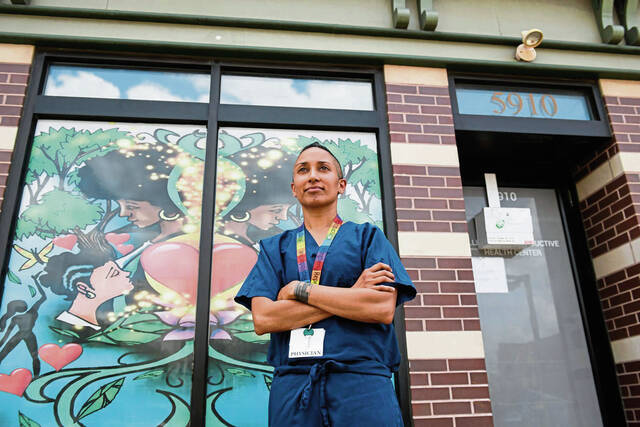Over the last decades, the education to workforce ecosystem has myopically evolved into a standardized pipeline, where graduates are not necessarily set up to succeed. The standard high school diploma now offers 50% fewer opportunities for family-sustaining careers versus 30 years ago, and 40% of recent college graduates are underemployed or overqualified.
The ecosystem from the classroom to the workforce is in desperate need of investment and accountability. I’ve seen career and technical education (CTE) programs prepare students for high demand careers, but once young adults develop the real-world skills, there is no tangible bridge to continue to engage their passions via a first or second internship to build a career pathway.
Employers, outside organizations, schools and legislative leaders all have a crucial role to play if we are to dismantle the economic inequality chasm that begins in high school and further deepens throughout a person’s lifetime earnings. Too many brilliant young adults without college degrees remain stagnant, often job-hopping from one low-wage job to the next because society refuses to develop opportunities that could result in high-demand, high-skill and high-wage occupations.
Programs like IBM’s earn-while-you-learn apprenticeship programs, where the company moves employees without college degrees up the economic ladder, and recent investments like the Walton Family Foundation’s Catalyze Challenge to help expand career-connected learning are essential to reimagine the education to workforce ecosystem. Investing in innovative organizations that are transforming the approaches and platforms that help students navigate into meaningful careers and to move beyond the traditional construct of study-then-work to a study-and-work approach provides more opportunity to connect young adults to rewarding jobs.
The lack of a college degree should not automatically render a young adult as less capable, less passionate and less talented than his or her their college-going peers. It is time employers, educators and policymakers embrace reality and commit to amplifying avenues of opportunity for everyone.
Ron Perkins is the executive FUSE fellow of workforce innovation at FUSE Corps (Pittsburgh Mayor’s office).








